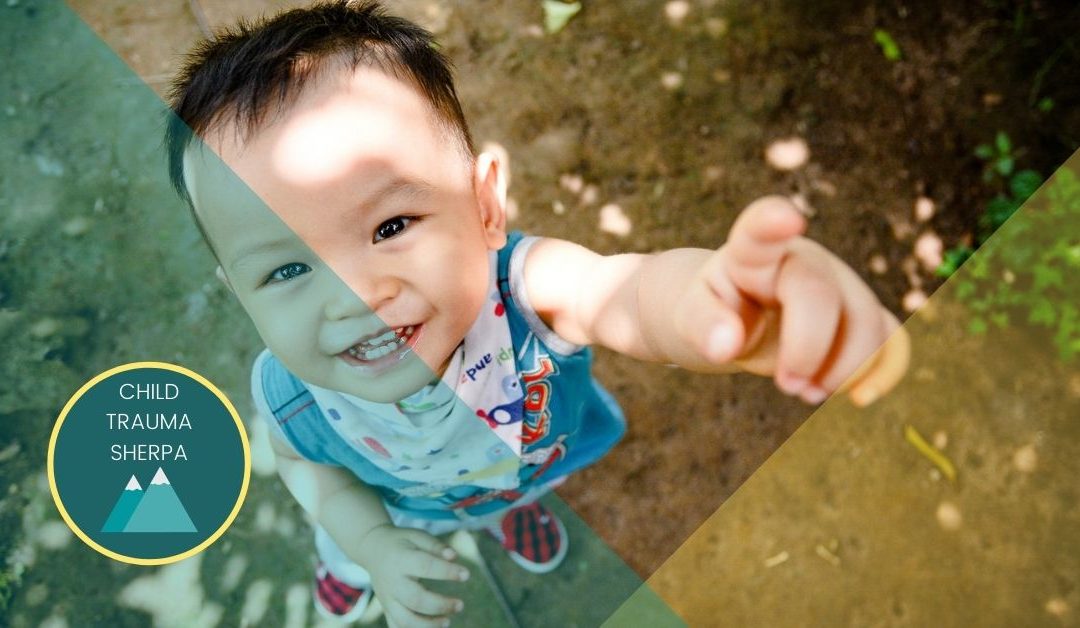Left Unaddressed, ACEs can Lead to Lifelong Issues, but there is Hope in Healing
If you are parenting an adopted child, you know that things happened in your child’s past that have left a lasting mark. These traumatic experiences can be hard for children to process and deal with on their own. Repeated exposure to traumatic experiences changes how the brain functions, resulting in an actual brain injury. This injury leads to behavioral, emotional and physical health issues that you and your child are both dealing with in the present moment. If not properly addressed through healing, this can lead to lifelong consequences for your child.
What are Adverse Childhood Experiences (ACEs)?
Adverse Childhood Experiences, or ACEs, are traumatic experiences in childhood. These range from neglect to abuse and include:
- Physical abuse or witnessing violence in the home
- Having a family member attempt suicide
- Emotional abuse
- Sexual abuse
- Physical and/or emotional neglect
- Experiencing someone in the household dealing with mental illness or substance abuse
- Dealing with an incarcerated relative
- Severe weather event, such as a hurricane or earthquake, that leads to hardship or homelessness
How Childhood Trauma Injures the Brain
When left unaddressed or improperly addressed, ACEs or toxic stress can have lifelong consequences that diminish a person’s potential to thrive. It has physical and emotional health consequences and can even affect their relationships. But exactly how does childhood trauma, or toxic trauma, physically change the body and the mind? Let’s look at how exposure to ACEs causes an actual brain injury.
Repeated exposure to childhood trauma causes the person to constantly be in fight or flight mode, ready to deal with the next traumatic experience. This constant fear is what causes a real brain injury, or dysregulation, and can lead to loss of trust and feelings of safety from the adults in their life. It can also lead to what many would describe as behavioral issues. Childhood trauma has also been found to increase levels of a protein that is known to cause inflammation in the brain and increases the stress hormone which leads to inflammation in the entire body, causing a variety of physical and mental health issues. Beyond that, there is also the emotional damage, often in the form of anxiety and depression.
Lifelong Consequences of Childhood Trauma in Adults
When a child is unable to process and heal from these traumatic experiences, the consequences not only manifest in childhood, but create lifelong symptoms and effects throughout adulthood. These include both behavioral health and physical health issues in adults.
Behavioral Health Effects:
- Anger and aggression
- Anxiety
- Depression or feelings of isolation
- Sleep problems
- Fear
- Difficulty trusting others
- Difficulty connecting with others and forming healthy relationships
- Poor self-esteem
- Destructive or risky behavior (e.g. drug abuse, eating disorders, sexual promiscuity)
- Other mental health disorders
Physical Health Effects:
- Asthma
- Heart disease
- Lung disease
- Liver disease
- Obesity
- Diabetes
- Autoimmune disorders
- Strokes
- Suicide attempts
- Cancer
- STDs
Many of these health issues lead to negative consequences in personal and work life. This diminishes an individual’s potential to thrive and have a happy and fulfilling life. If your adopted child is unable to heal from past traumas, they could experience chronic disease, chronic poverty and could be the source of childhood trauma for their own children, creating a cycle of trauma.
There is Hope!
The great news is there is hope! You and your adopted child with trauma are not alone. With patience, love and understanding, you can help your child heal from past traumas and lead a fulfilling and happy life! Healing will take breaking down parenting norms and finding new ways to parent. Often, popular parenting techniques can only serve to traumatize your child further. It will also take therapy and counseling, and often involves the entire family in the process. You will need an entire team of support for you and your adopted child and every member of that team must be on the same page or little to no progress will be made.
Want to get support and learn more about how you can help your adopted child heal from past traumas? Follow Child Trauma Sherpa on Facebook and join our Facebook Group for additional support.


